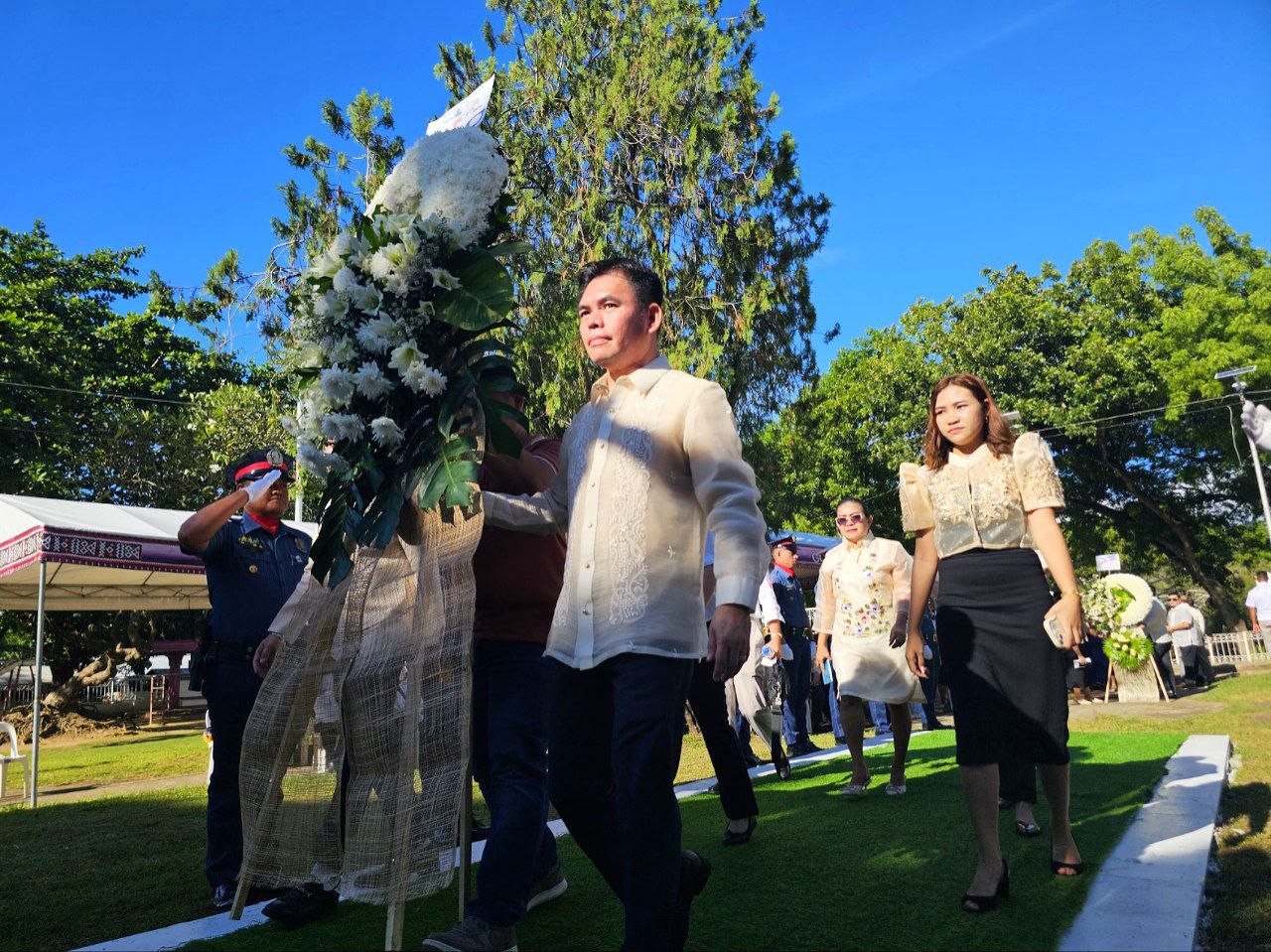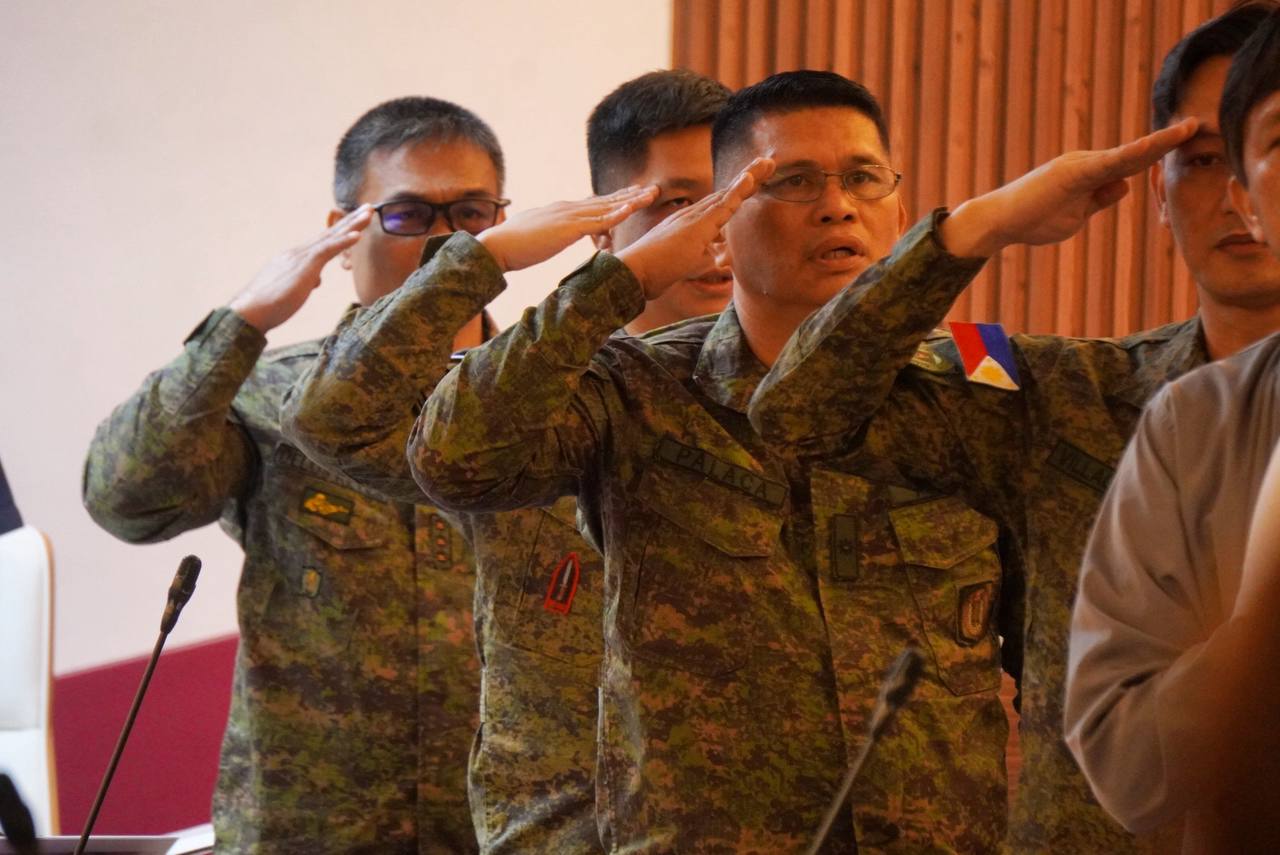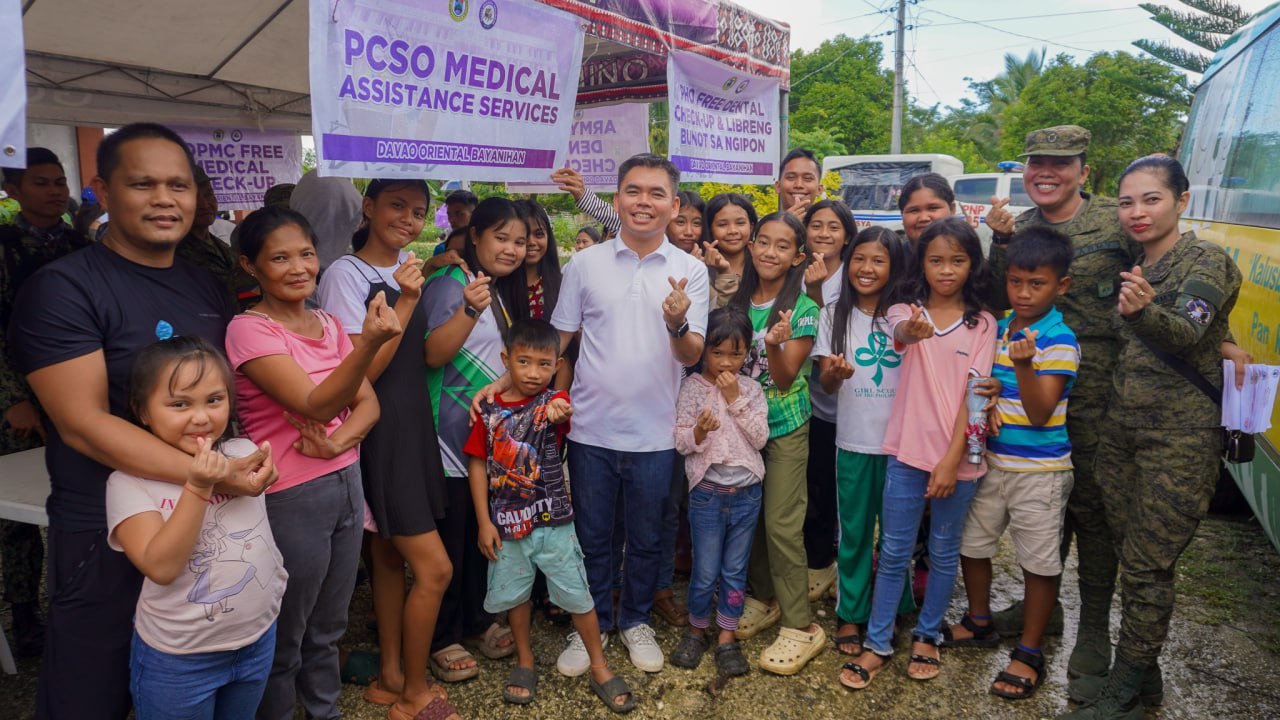DAVAO CITY – “There is no better way to address conflict and insurgency other than good governance wherein the Local Government Unit is at the forefront in all peace and development efforts.”
This was the gist of Governor Nelson Dayanghirang’s message to his fellow public servants during his lecture for the Executive Course on Security, Peace and Development being sponsored by the Department of National Defense and the Department of the Interior and Local Government on Monday, September 3 at the Marco Polo Hotel in Davao City. He spoke on the topic “Voices of Experience: Success Stories of Good Governance.”
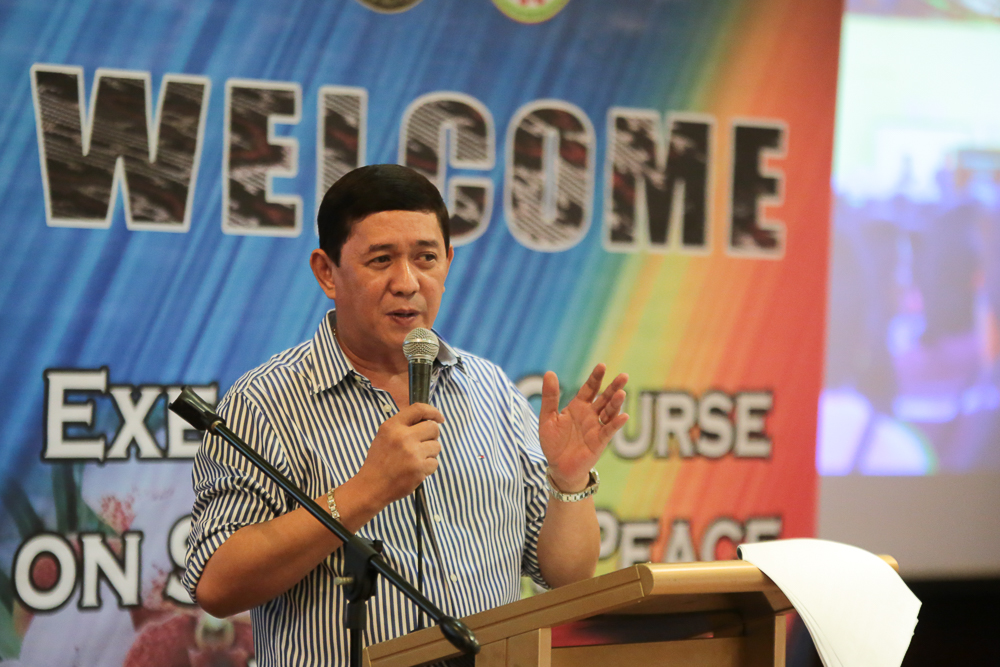
“Insurgency is not a military problem as it is a political problem,” stressed Governor Dayanghirang underscoring the huge role of local government officials in helping solve the country’s struggle on peace and in pushing for further development.
“This is exactly what the Province of Davao Oriental has been doing all these time through our various peace and development strategies,” he said as he shared some of Davao Oriental’s best practices on good governance that made impacts on the province’s peace and order condition.
PARTNERSHIP AS KEY
He laid emphasis on collaboration and partnership as the center of his administration’s development strategy that prompted him to develop the Nagkakaisang Lingkod-Bayan ng Davao Oriental or the NLD Strategy. “As the name suggests, this strategy connotes unity,” he said, adding that this approach propels all government agencies into action through synergy and collaboration in addressing the needs of the people.
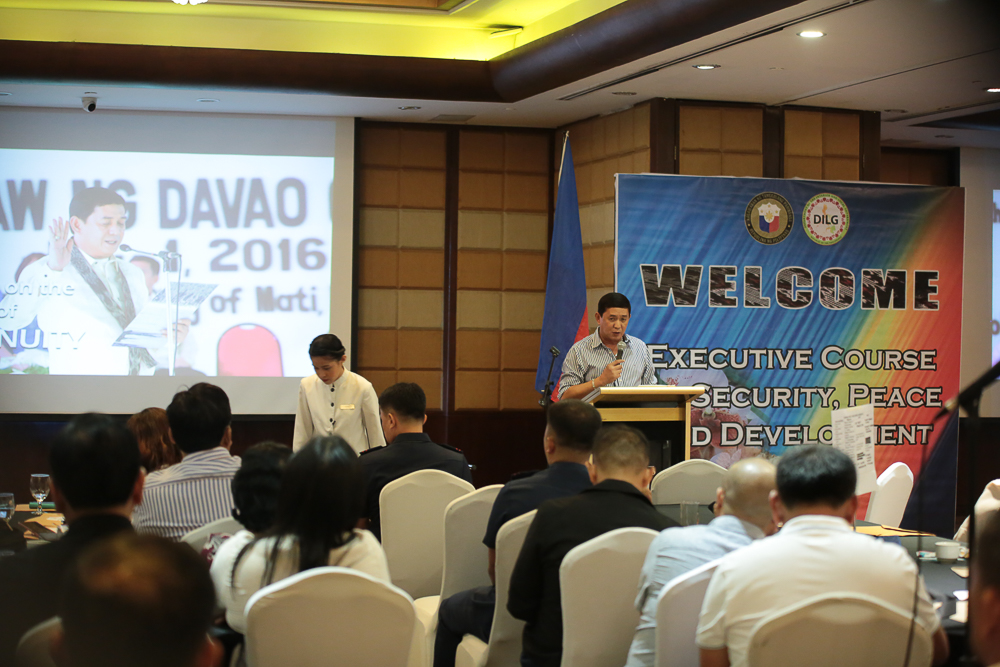
While peace and development are closely interconnected, Governor Dayanghirang said that his administration’s programs are mainly anchored on poverty alleviation “as we believe that fighting poverty is the most effective way to address issues on peace and security, particularly in countering insurgency.”
“The reason why we put high premiums on social services, linking the establishment of roads and other vital government infrastructure and livelihood programs to the fight against the insurgency. We are also advocating ‘soft approaches’ which are non-violent such as education, although time-consuming, but which strikes both heart and mind,” he added.
HIGHLIGHT PROGRAMS
During his talk, he shared some of the highlight programs implemented in Davao Oriental which he said have actually worked in his province’s bid to build secured and conflict-resilient communities.
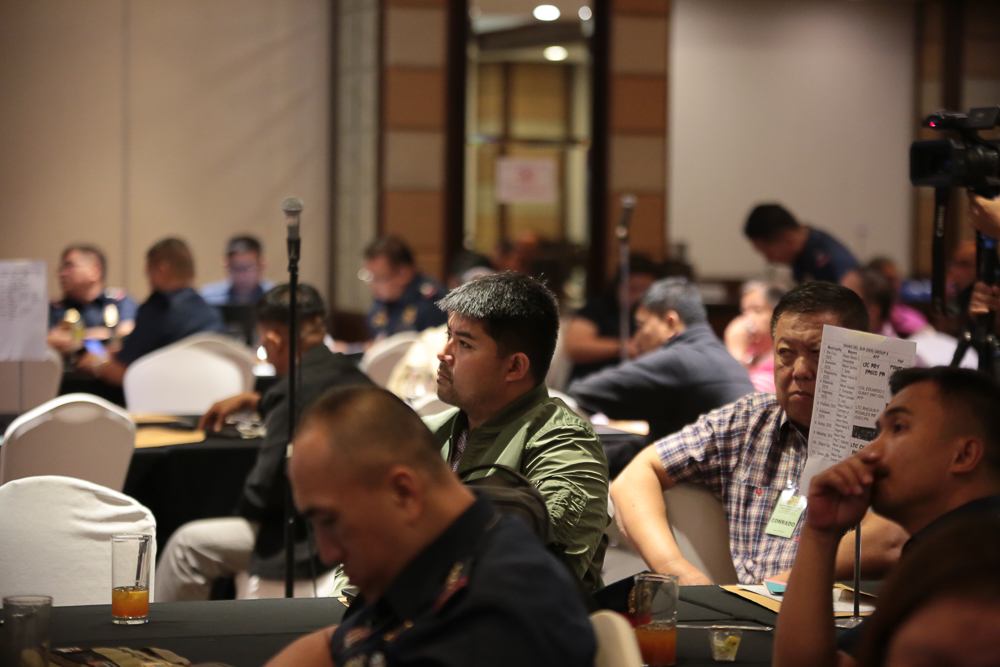
Among these programs is his flagship program Nagkakaisang Lingkod-Bayan ng Davao Oriental-Barangay Outreach Caravan (NLD-BOC) that offers wide-ranging government services in far-flung villages which are far from vital government and private resources. “This program sought to institutionalize a pro-active approach of reaching out to the isolated, marginalized and under-served constituents of the province rather than just passively staying in our comfortable offices at the Provincial Capitol and waiting for the people to come to us,” he said.
Equally highlighted on his talk was Davao Oriental’s implementation of the Expanded Comprehensive Local Integration Program (ECLIP), particularly the sustained operation of the Provincial Capitol-run halfway house for former rebels called Happy Home.
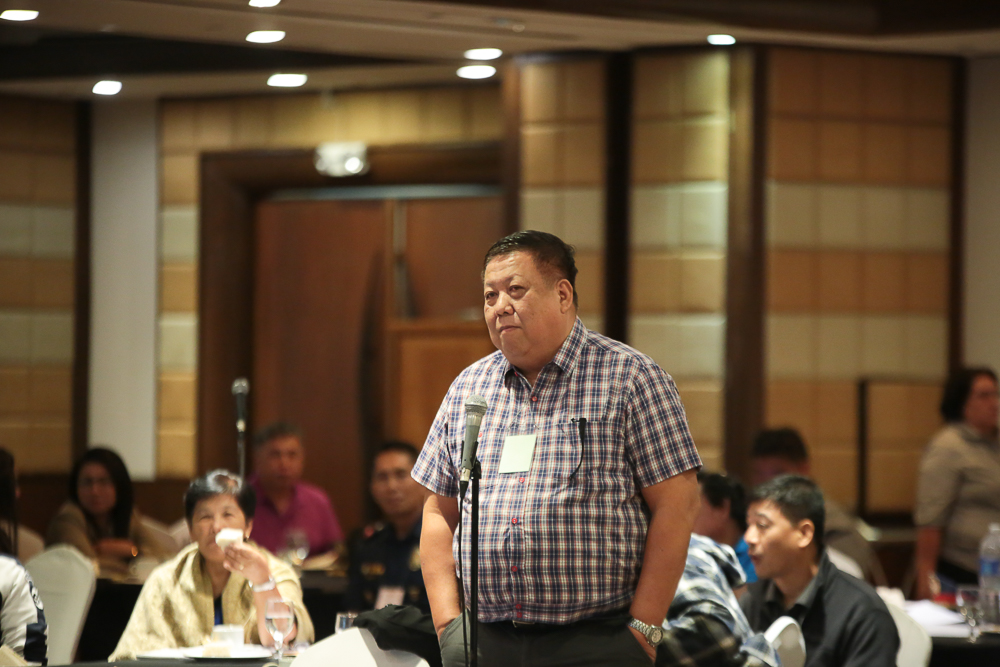
He said that it is the first and only of its kind in the country that offers holistic center-based services for former rebels’ total healing, rehabilitation and preparation for their complete reintegration into society and to motivate them to become productive and law-abiding citizens.
Philippine Army-led programs which have been actively supported by the Provincial Government were also highlighted in the Governor’s talk. One is the Community Support Program (CSP). Piloted here, the CSP has introduced community programs that aims to promote economic growth and activities that have strengthened barangay-based institutions.
He also lauded the military-led Project Massive Information Campaign (MIC) that serves as a venue for advocacy campaigns and information dissemination. This project specifically targets thousands of 4 P’s beneficiaries gathering at the town centers every two months during the DSWD’s cash pay-out.
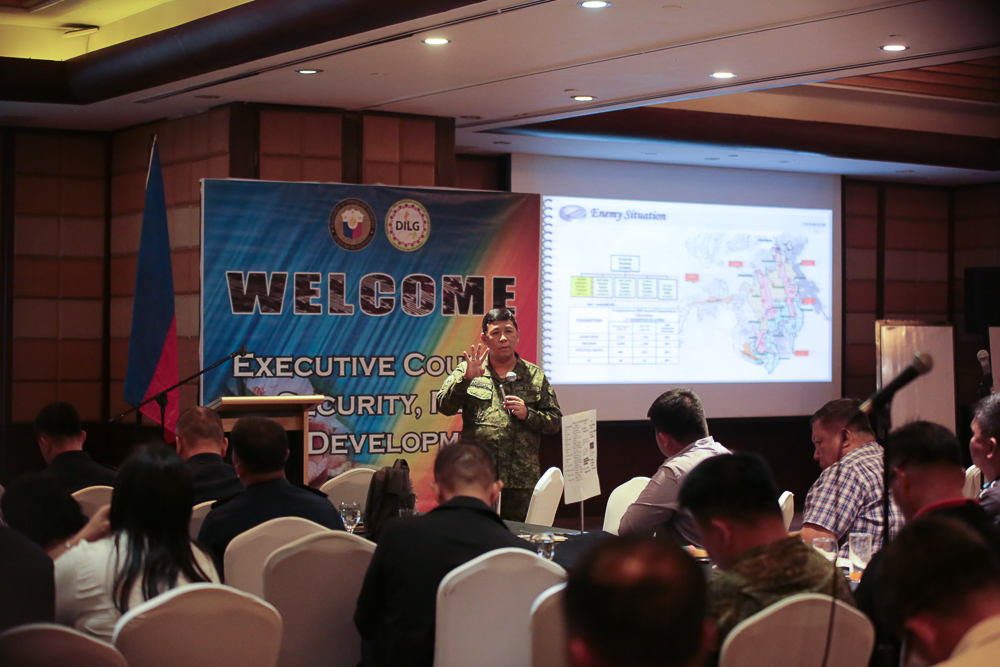
“If people are aware of government programs that they could readily avail of, then there is no reason for them to support the leftist group,” said Governor Dayanghirang.
“As leaders, we ought to take the lead in the peace and development efforts. This is the price we are willing to pay for peace and human development in our time. I cannot overemphasize the importance of partnership, complementation of efforts, and cooperation as the key ingredient in fostering peace, thus, accelerating the economic progress and long-term development. It has worked for us, and I am convinced that it will definitely work everywhere as long as there is commitment and political will among leaders,” Governor Dayanghirang concluded.
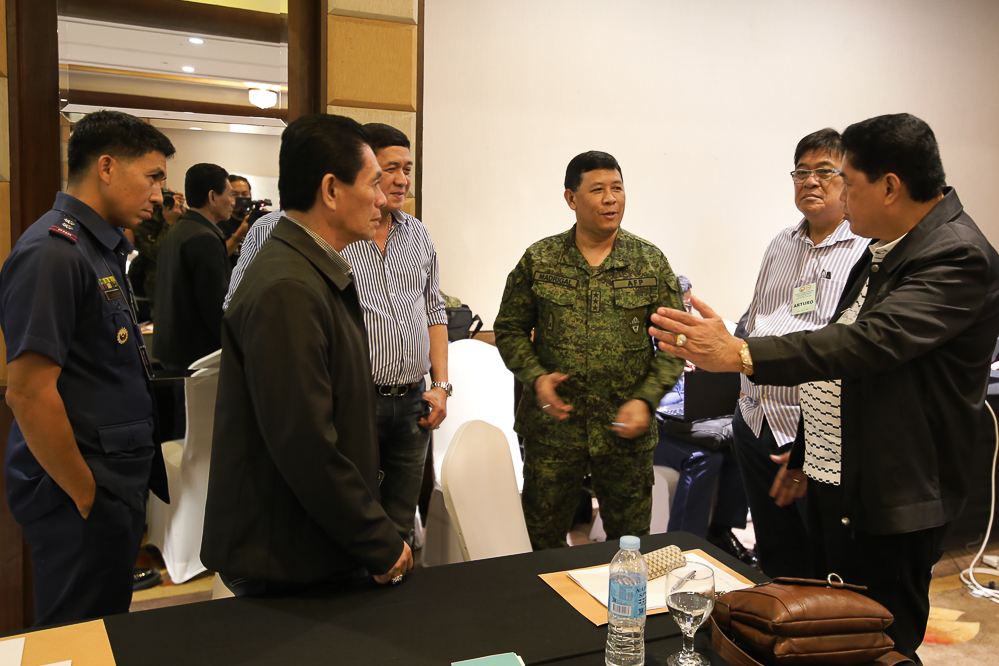
The short course which was participated in by the region’s mayors, AFP, and PNP officials was tailored for local chief executives to further enhance collaboration with the Armed Forces of the Philippines and Philippine National Police Officers. The activity aimed to provide participants a comprehensive understanding of various strategies on peace, security, and development that would lead to accelerate economic activity in their locality and collectively in the whole of Mindanao. Photos by Eden Jhan Licayan


